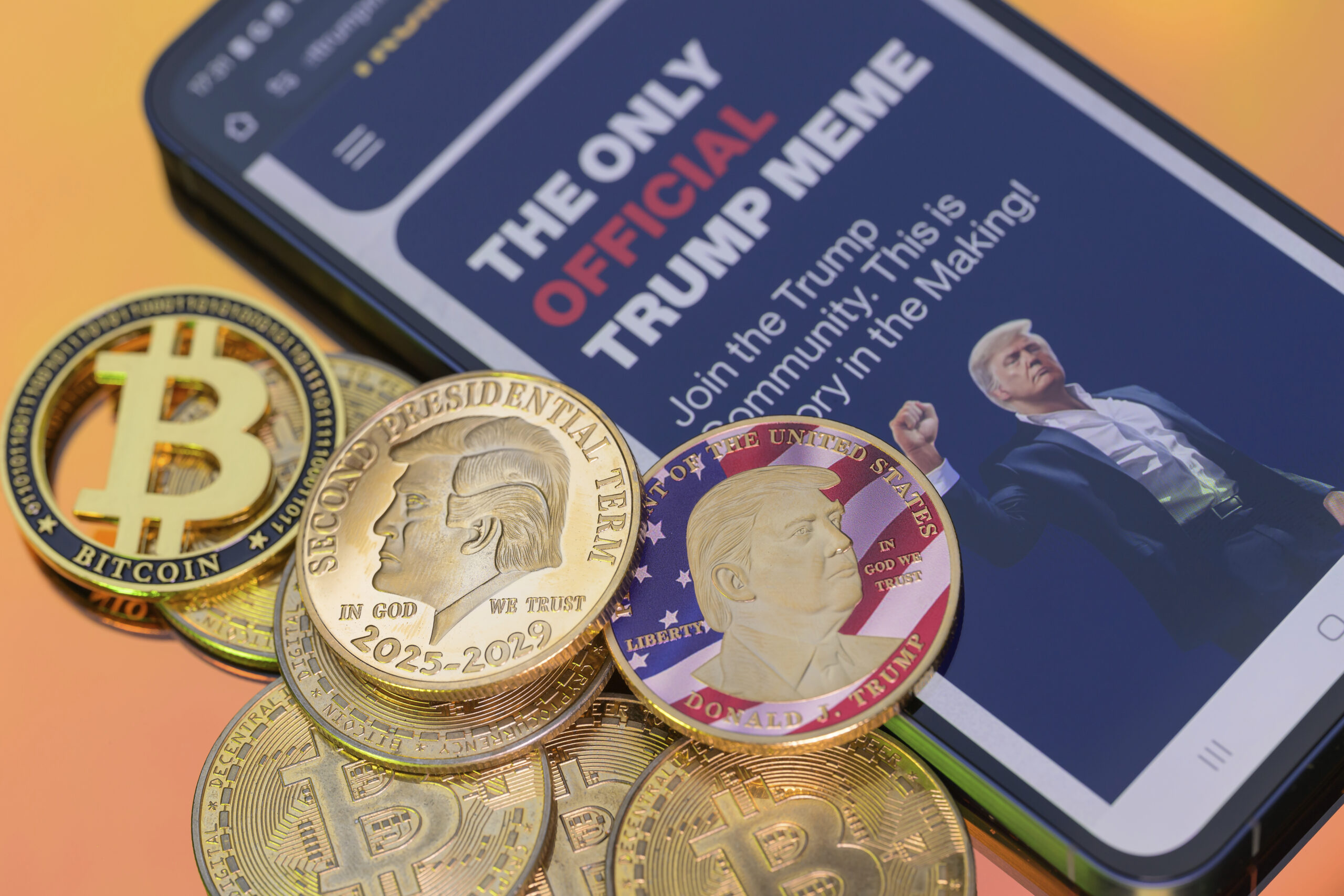New York Times Columnist Questions Colleague for Claiming Trump’s Meme Coin Contest Isn’t Necessarily ‘Corruption’

Jonathan Raa/Sipa via AP Images
New York Times investigative reporter Eric Lipton drew backlash on Bluesky by stating that President Donald Trump’s private dinner with investors in his meme coin isn’t necessarily “corruption.”
Trump announced he would host a private dinner at his D.C.-area golf club on May 22 with the top 220 holders of his $TRUMP meme coin. Investors spent an estimated $148 million in the contest, according to Reuters. The net worth of the president’s family has risen by $2.9 billion since he was inaugurated on Jan. 20, according to one report.
Trump’s coin has drawn bipartisan condemnation over the obvious ethical red flags, which the Times highlighted in a piece published on Monday by Lipton and David Yaffe-Bellany titled, “Auction to Dine With Trump Creates Foreign Influence Opportunity.” Lipton shared the article on Bluesky in a post stating that the arrangement is “potentially corrupt.”
One user questioned Lipton over his insertion of the word “potentially.”
“What potential is there for this to not be a corrupt thing, Eric?” the user wrote. “Isn’t it true that the potential is zero? That there is no likely or even plausible scenario in which this isn’t corrupt? That’s true, right?”
Lipton replied:
Corruption requires explict [sic] quid pro quo. It is not corrupt to take an action that aligns with the interest of a person who gives you a gift, unless the official action was in direct response to that gift–a bribe. Terms matter. Accuracy and fairness matters. Regardless of what social media wants.
The reporter’s explanation was hit with a tsunami of disapprobation. As of this writing, it’s received 5,500 replies and 3,100 reposts, with the vast majority of those being quote-posts critical of Lipton’s understanding of “corruption.”
One of those was Managing Editor Ryan Cooper of The American Prospect, who wrote that Lipton has it backward because “tacit corruption can easily be worse because it’s more deniable and a lot more lucrative.”
Times columnist Jamelle Bouie quote-posted Cooper and addressed Lipton’s explanation by referencing a corrupt politician from The Wire, stating that “by the standard laid out here, famously corrupt fictional character [C]lay [C]avis was not engaged in corruption.”
Trump’s coin scheme has been criticized on both sides of the political divide.
“This raises the question of influence peddling,” Ben Shapiro said on Monday. “If you basically buy a bunch of Trump meme coin and then funnel money to organizations associated with President Trump so that you can have dinner with Trump, that doesn’t look great.”





Comments
↓ Scroll down for comments ↓